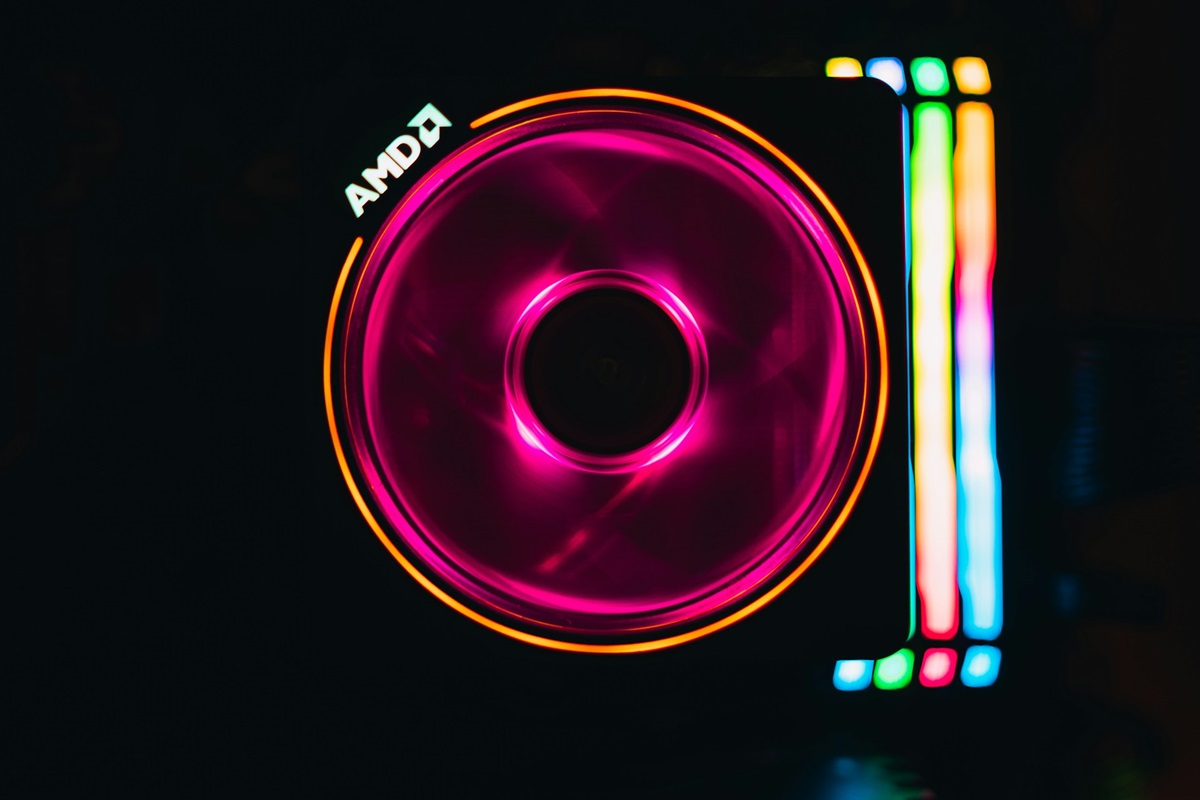Advanced Micro Devices (AMD) is currently striving to overcome the trade barriers that have been created by the United States around China.

The mentioned company plans to start selling chips in the market of the specified Asian country, which is one of the largest in the world. The implementation of this intention is a very difficult task due to legal restrictions on the part of Washington, which reduces the scale of access of Chinese companies to advanced microcircuits. A modified artificial intelligence accelerator developed by AMD specialists specifically for the Chinese market has not been approved for export by the Department of Commerce.
AMD, which is based in Santa Clara, California, unveiled its flagship chip called the MI300 late last year. The company sees this product as a kind of opportunity to increase the level of competitiveness concerning Nvidia, the giant of the semiconductor industry. Furthermore, AMD is aiming to compete with the specified brand in the Chinese market, where artificial intelligence accelerators that meet the export requirements of the United States are already being sold.
The AMD MI309 chip was designed specifically for the Asian country. Currently, there is no information about the performance level of this microcircuit. The media reports that the company based in Santa Clara new chip can be sold without a license in China. But so far, this microcircuit has not gone on sale in an Asian country.
At the same time, according to media reports, Chinese consumers are showing something like a categorical preference for Nvidia chips. This means that in the Asian country’s market, in fact, the possibility of buying relevant products from other manufacturers is not even considered. AMD’s competitor chips are used for the operation of artificial intelligence systems and data centers. The Santa Clara-based company said Washington’s restrictions on the supply of advanced silicon for AI would not have a significant impact on its revenue.
Nvidia last year introduced the H800 chip to major customers in China. However, this product faced a total setback after Washington changed the export rules in October, which in the updated version covered all microcircuits of this company for the Asian market. The company then released even more downgraded chips, including the H20 and some others. Commerce Secretary Gina Raimondo announced the start of work on applying measures to the mentioned products.
AMD is trying to navigate the mentioned landscape. The company pays little attention to Nvidia’s negative experience related to the desire to sell chips in China. Currently, it is difficult to answer the question of why AMD ignores the failures of a competitor. Perhaps the Chinese market is too profitable a commercial space to accept the rejection of doing business here.
It is worth noting that export restrictions do not cancel shipments to China, but contain too strict requirements for chips to limit the Asian country’s access to advanced products. In addition, Washington is signaling its intention to strengthen control measures and tighten regulations. Probably, against this background, companies still continue to hope for the limited space of possibilities provided by the current version of the system of rules of supply to China which at the same time gradually reduced it.
As we have reported earlier, AMD’s Market Value Tops $300 Billion.









